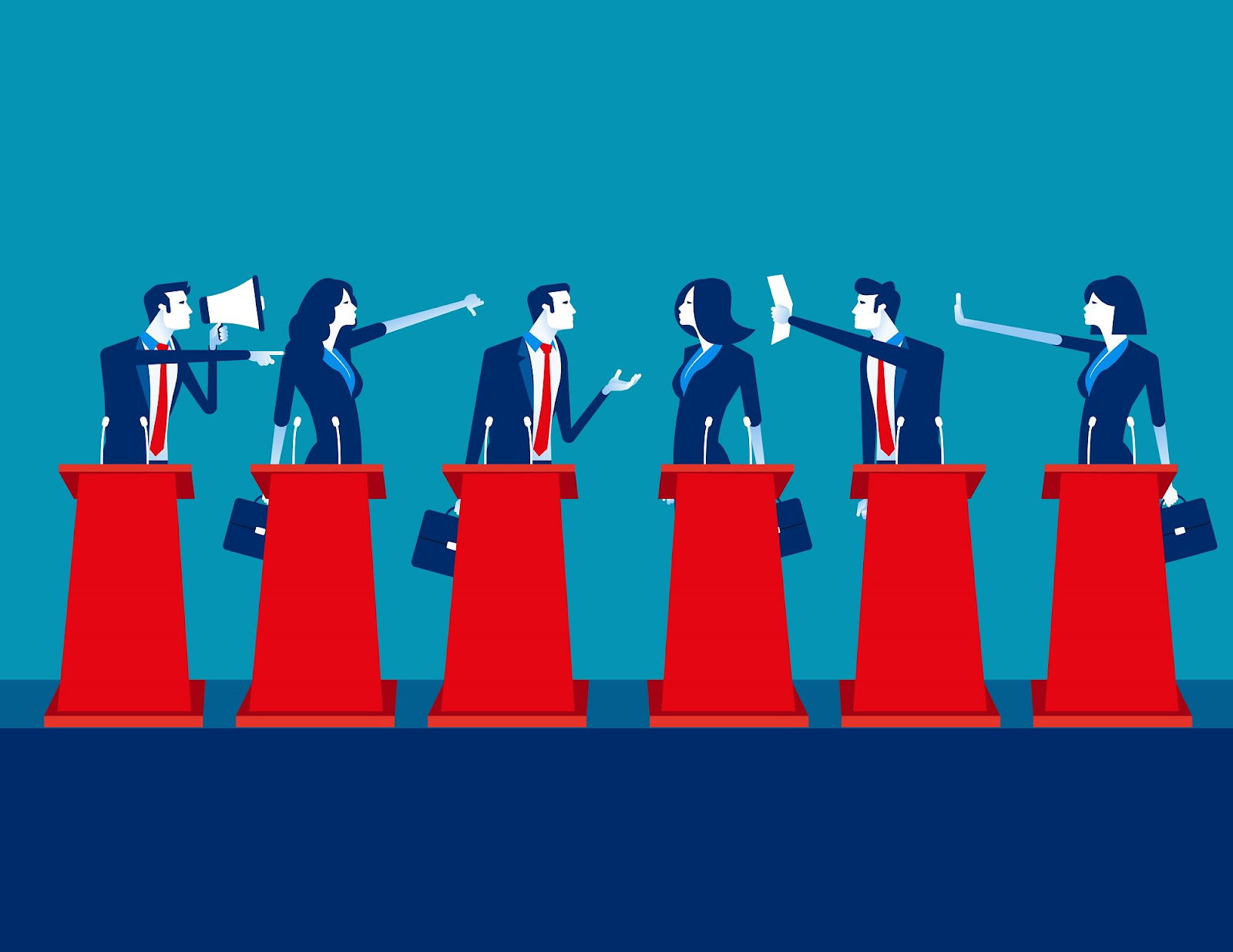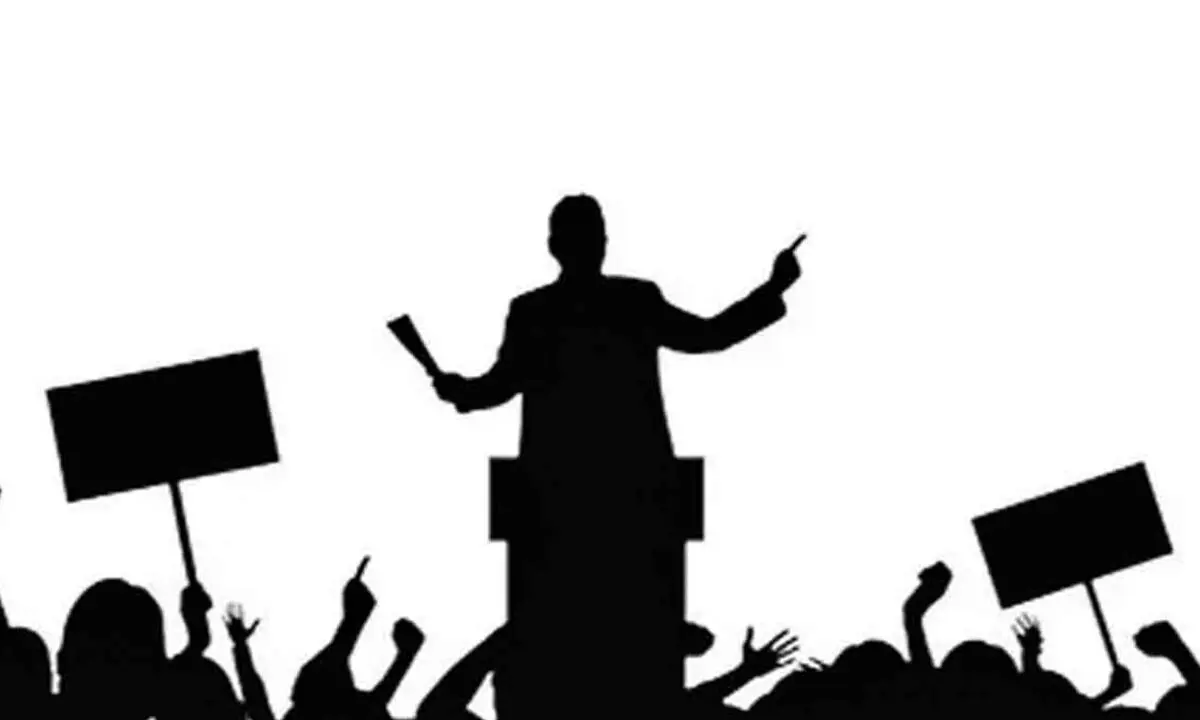The Interplay of Media Dynamics and Political Forces
Understanding how media dynamics and political forces interact is essential in deciphering the intricate web of power and influence. This section delves into the multifaceted relationship between media ownership and the political forces that shape public narratives.
Media Control and Political Influence
The question of who controls the narrative in media is pivotal. Media ownership structures can significantly influence the direction of news coverage and commentary. In particular, ownership determines which stories gain prominence and how these are framed.
For instance, in the United States and the United Kingdom, research shows a correlation between political agendas of media owners and the coverage styles and editorial choices of their outlets. A study by Ofcom in the UK highlights how media ownership influences editorial policies, which consequently shape public perception. Corporations that own media outlets often have vested interests, whether political or economic, aligning coverage with corporate philosophy or political leanings.
Strategic Communication in Politics
Strategic communication serves as a tool for political actors to engineer narratives that shape public opinion. By controlling the information that reaches the media, politicians can navigate public perception to align with their interests. The challenge is most apparent during times of electoral campaigns or political upheavals, where carefully curated information, often released in "oppo dumps," can skew public viewpoint.
Media outlets often face the pressure of siding with certain political narratives, especially when these narratives are backed by significant advertising revenue from political players. This influence extends to how issues are framed, sometimes leading to a selective presentation of information aimed at rallying public support or dissent.
Fact-Checking and Information Accuracy
In a digital age where information spreads rapidly, the role of fact-checking becomes increasingly critical to upholding democratic processes and ensuring that public discourse is grounded in truth. Yet, challenges persist in executing effective fact-checking in such a polarized media environment.
The Critical Role of Fact-Checking
Fact-checking serves as a cornerstone for preserving the integrity of information disseminated by the media. It encompasses verifying claims made by individuals and entities in power, thereby holding them accountable. The presence of independent fact-checking bodies is crucial in sustaining transparency in public communication.
However, the effectiveness of fact-checking largely depends on public trust in these mechanisms. Trust in media, according to studies, has seen fluctuations, influenced by perceived bias and the proliferation of misinformation. This trend presents a challenge for fact-checkers who strive to ensure accuracy and maintain public confidence.
Challenges and Barriers in Fact-Checking
The sheer volume of information, coupled with digital misinformation, poses significant hurdles for fact-checking efforts. Social media, in particular, functions as a double-edged sword: it is both a conduit for misinformation and a platform for rectifying falsehoods.
Furthermore, skewed political loyalties may cause individuals to dismiss factual insights that conflict with pre-existing beliefs. This challenge necessitates innovative methods and a reliable framework in the fact-checking sphere to granulate political biases and misinformation.
The Propaganda Playbook: Techniques and Adaptations
Propaganda—strategically constructed narratives disseminated to shape opinions—remains a potent tool in political arsenals. Understanding the techniques that underpin propaganda is crucial for unraveling their effects on public perception.
Spin and Framing Techniques in Journalism
Political journalism frequently dances with the idea of "spin," wherein stories are presented through a particular lens to craft favorable perceptions. This manipulation often involves the omission or emphasis of certain facts to construct compelling narratives that align with political agendas.
Propaganda in the Digital Age
The digital landscape amplifies the effects of propaganda, as rapid dissemination and algorithm-driven feeds can propagate information at unprecedented speeds. Political actors exploit these capabilities to shape discourse, often leading to polarized opinions within online communities.
AI technologies further complicate this scenario by introducing automated content that can spread propaganda with minimal human intervention. Digital media literacy becomes a critical countermeasure in combating such technologically leveraged misinformation.
Strategies for Navigating Media Narratives
Arming oneself with media literacy skills and discerning various framing techniques strengthens one’s ability to navigate the media ecosystem with confidence.
Media Literacy and Critical Thinking
Media literacy plays an instrumental role in fostering informed citizenry by equipping individuals with cognitive tools for evaluating information critically. This necessitates an understanding of ownership biases, source evaluation, and recognition of manipulative tactics in news presentations.
Public awareness initiatives aimed at enhancing media literacy remain crucial for cultivating informed citizenship. Promoting educational programs targeting media literacy can bolster societal resilience against misinformation and facilitate meaningful democratic engagement.
Engaging with Diverse Perspectives
Open and informed engagement with diverse perspectives allows for a balanced understanding of complex issues. Actively seeking out various news sources and engaging in cross-ideological discourse enriches public debate and fortifies democratic deliberation by mitigating the effects of media monopolization on information dissemination.
Recognizing the dynamics at play within the media-political relationship empowers individuals to confront biases and dissenting perspectives critically, navigating the complex narrative landscape sensibly.
Q&A
-
What is the impact of media ownership on political journalism?
Media ownership significantly influences political journalism by shaping editorial policies and content bias. Large media conglomerates may prioritize the interests of their owners, which can lead to the underrepresentation of certain viewpoints or the promotion of specific political agendas. This concentration of media ownership can limit diversity in news coverage and affect the objectivity of political journalism, ultimately impacting the public's access to balanced information.
-
How do propaganda techniques affect public opinion in the United States and the United Kingdom?
Propaganda techniques such as repetition, emotional appeals, and selective omission are used to influence public opinion by reinforcing specific narratives. In both the United States and the United Kingdom, these techniques can create echo chambers where audiences are exposed to biased information that aligns with their existing beliefs. This can polarize public opinion, making it challenging for individuals to engage with differing perspectives and hindering constructive political discourse.
-
What role does fact-checking play in maintaining the integrity of political journalism?
Fact-checking is crucial in maintaining the integrity of political journalism by ensuring the accuracy of reported information. It helps to hold politicians and public figures accountable, counteracting misinformation and false claims. In the United States and the United Kingdom, fact-checking organizations work to verify statements and provide the public with evidence-based assessments, thus fostering informed decision-making and reinforcing trust in media outlets.
-
How do spin and framing techniques influence the perception of political events?
Spin and framing techniques manipulate the presentation of information to shape public perception of political events. By emphasizing certain aspects while downplaying others, these techniques can alter the context in which news is understood. For example, using positive language to describe a controversial policy can generate favorable public sentiment, whereas negative framing might provoke opposition. In both the US and UK, these methods are frequently employed to guide audience interpretation and align public opinion with specific political objectives.
-
In what ways can political journalism shape public opinion beyond news reporting?
Beyond news reporting, political journalism shapes public opinion through investigative journalism, opinion columns, and editorial pieces. These formats allow journalists to delve deeper into issues, provide expert analysis, and express viewpoints that can influence readers' perspectives. In the US and UK, political journalism also engages audiences through social media and digital platforms, facilitating interactive discussions and expanding the reach of political narratives. This multifaceted approach contributes to a more informed public discourse and enhances democratic engagement.








